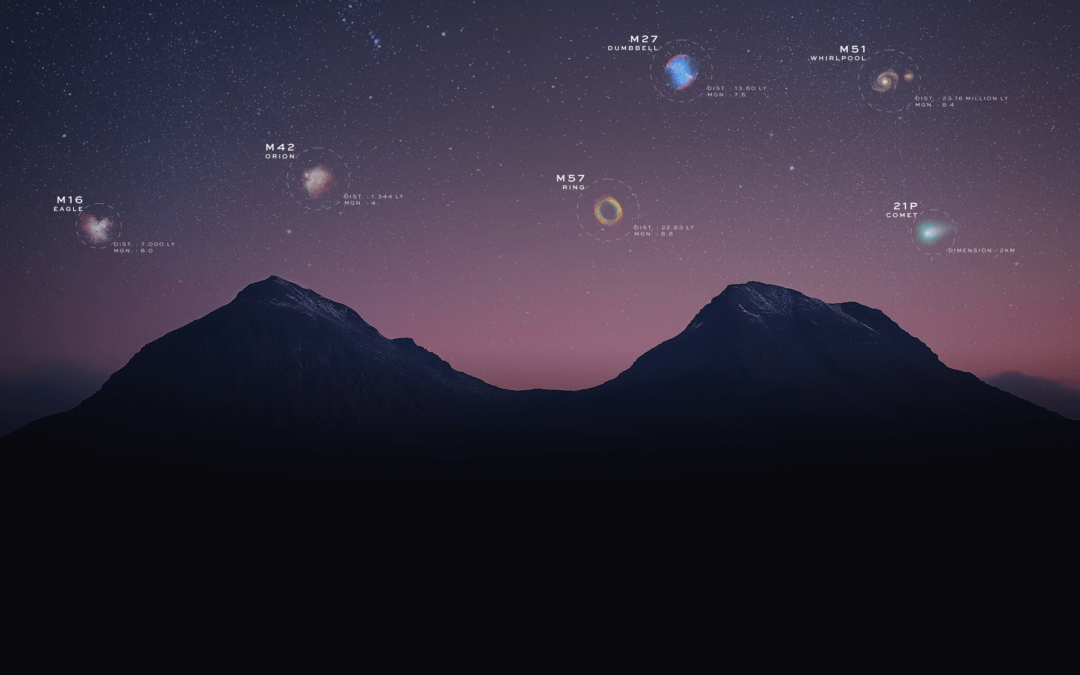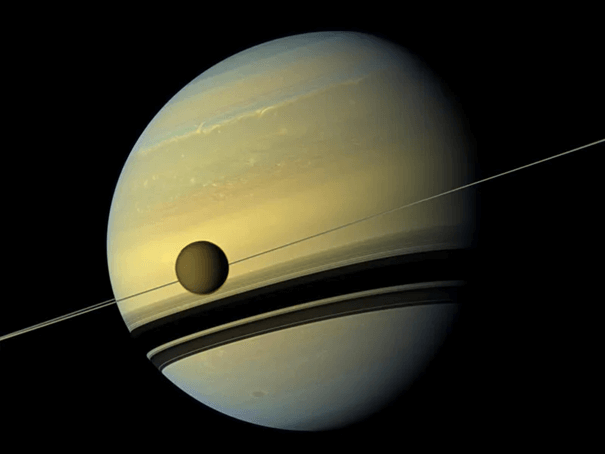Ever since the first exoplanet, or planet outside our solar system, was found in the 1990’s, these distant worlds have been among the universe’s most exciting objects to study. And it’s not just big space telescopes studying these exoplanets — new technologies make it possible for anyone down here on Earth to join in the hunt themselves and even break records doing it!
In November 2021, Unistellar Network members made their own observations of an exoplanet called Kepler-167 e as it passed in front of its star – an event called a transit. Not only was this a record-breaking endeavor, but it was highly successful, allowing astronomers at the SETI Institute to use observers’ data in a scientific paper published in The Astrophysical Journal Letters. Thirty one Citizen Astronomers from around the world participated in this 32-hour exoplanet hunt, each adding valuable data to the longest Unistellar exoplanet campaign at the time.

The campaign caught Kepler-167 e dimming the light of its star for over 16 hours! Citizen Astronomers returned precise measurements of the exoplanet’s orbital period, more commonly known as a year, confirming that Kepler-167 e orbits its star every 1,071 days. That gives Kepler-167 e the longest year of any exoplanet to transit and be observed from the ground. In fact, the planet has an orbital period almost double that of the previous record-holder, which was HIP 41378 f at 542 days (by Bryant et al. 2021).
A globe showing the observation of Kepler-167e.
That extra-long orbital period makes a year on Kepler-167 e almost three times as long as a year on Earth. So, if you lived there, you’d be just one-third as old as you are now! But it may be for the best that we don’t live on Kepler-167 e: this planet is a gas giant like Jupiter, so the gravity it would have at its surface, if it were solid, is three times stronger than we feel on Earth.
Exoplanet transits happen nightly, so there are plenty more exoplanets to find and study. Unistellar features especially interesting transits, like those included in our NASA-sponsored programs, throughout the year, giving our members the chance to contribute data to scientific campaigns with their own observations. Learn more about those on our Exoplanets page!
Further readings
3 Reasons to observe this month
Every month, discover three unmissable celestial events to observe with your Unistellar telescope.
Two spooky appearances in the sky for Halloween
Every month, discover three unmissable celestial events to observe with your Unistellar telescope.
3 Reasons to observe this month Halloween Edition
Every month, discover three unmissable celestial events to observe with your Unistellar telescope.
Titan’s shadows
This summer, the ringed planet Saturn takes centre stage in our night sky, offering amateur astronomers a rare opportunity to observe fascinating transient events.
Observing Eclipses on Jupiter: Cosmic Spectacles Through a Telescope
The latest Unistellar App Update, version V3.0, is now live. Explore a smooth stargazing experience !
Unistellar Community Included In Multiple Scientific Papers
Did you know Unistellar Citizen Astronomers are often cited in published scientific papers? Find out how you can contribute too!




